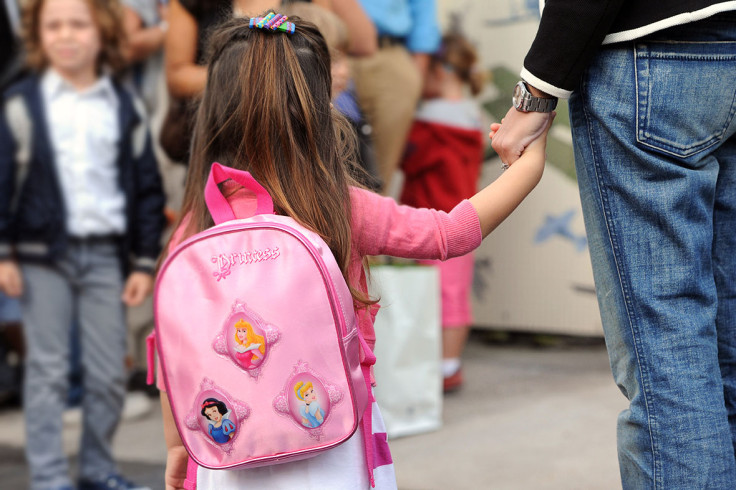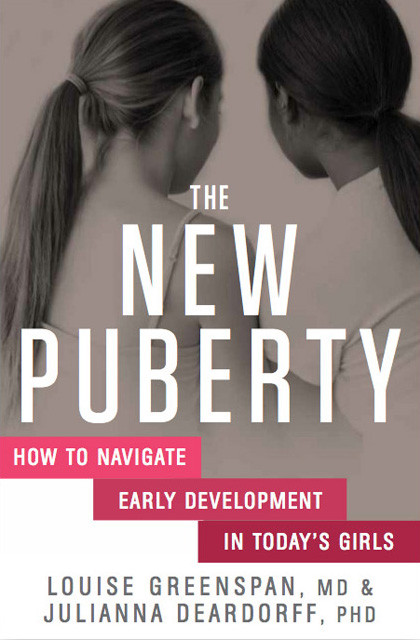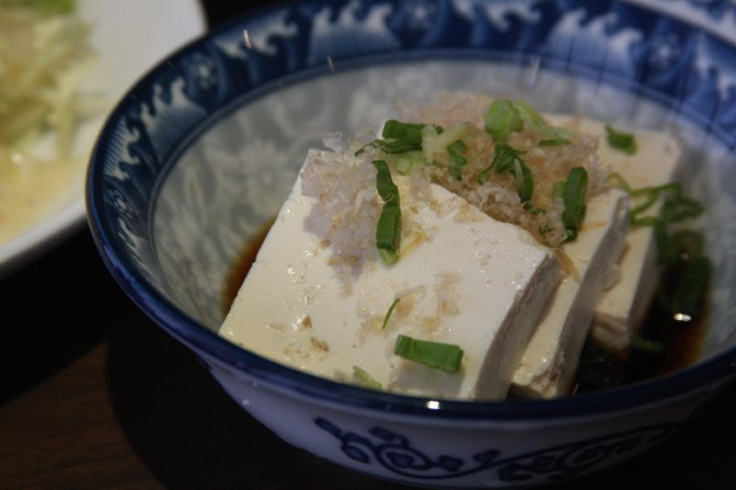Early puberty in girls caused by antibiotics in food but tofu could prevent it

Girls are starting to begin puberty at the age of seven, with antibiotics given to animals potentially to blame, but soya products such as tofu could possibly lead to the process starting later, according to two US researchers.
Dr Louise Greenspan is a paediatric endocrinologist who works at healthcare organisation Kaiser Permanente and is on the faculty at the University of California San Francisco (UCSF), and Julianna Deardorff, an associate professor of maternal and child health at University of California Berkeley (UC Berkeley).

The researchers have published The New Puberty, a book that aims to give parents, educators, policymakers and health providers the answers to why girls are going through puberty much earlier than previous generations, with the age of eight the usual starting point.
Estrogen is a hormone responsible for the development of the female body and secondary sexual characteristics. However, there are some chemicals that mimic hormones and can potentially stimulate puberty early.
"The concern about antibiotics is that one of the reasons antibiotics are used in the food supply is not just to treat animals' infections, it's actually because when animals are given antibiotics they get fatter and they go through pubertal development earlier," Greenspan told NPR.
"So it speeds up the process of raising a young animal to an animal that's ready for slaughter.
"The concern is that if antibiotics are doing this to animals... and they're not broken down in the intestinal system, in fact they're absorbed orally in the stomach when we eat them, could they be having a similar effect in kids?"
In addition to antibiotics, Bisphenol A (PBA), a chemical that mimics estrogen and is commonly found in many plastics, paper, receipts and other commonly used compounds, could also have an impact.
The New Puberty
Greenspan and Deardorff have been researching pubertal development and adolescent health for several years.
They have been following 444 girls from the San Francisco Bay area since 2005, starting from when the girls were aged between six to eight years old.
Last year, their work on how environmental exposure together with biological and socioeconomic factors influence girls' transitions through puberty and potential breast cancer risk won them the 2013 Community Breast Cancer Research Award.
At age seven, 25% of black girls have breast development, compared to 15% of Hispanic girls and only 10% of white girls and 2% of Asian girls
In their book, the researchers define "starting puberty" as being when pubic hair and breast development first begins.
"The evidence suggests that in the past, age eight was the cut-off for normal puberty, so we thought that less than 5% of girls were going through puberty before the age of eight," said Greenspan.
"[Today], at age seven, 25% of black girls have breast development, compared to 15% of Hispanic girls and only 10% of white girls and 2% of Asian girls.
"The same pattern can be seen for pubic hair development... that was significantly higher than what had been found in the past."
Soya products protect against early puberty

The duo have also debunked the commonly held belief in the media over the last few years that consuming soya products can increase a person's risk of developing breast cancer.
"We found preliminary data that suggests that soy is actually protective and that higher soy intake may lead to later puberty, even when controlling for the differences in the families where there was a lot of soy intake because obviously there are differences in families that are giving their kids a lot of tofu," Greenspan said.
"The data is now coming out that women shouldn't worry so much about their soy intake for breast cancer, but it does speak to another concept in environmental health, which is the window of susceptibility.
"That means the timing of when you are exposed to something does affect the outcome.
"We think that children should eat soy because that's when it trains their body to become resistant to estrogen."
© Copyright IBTimes 2025. All rights reserved.






















